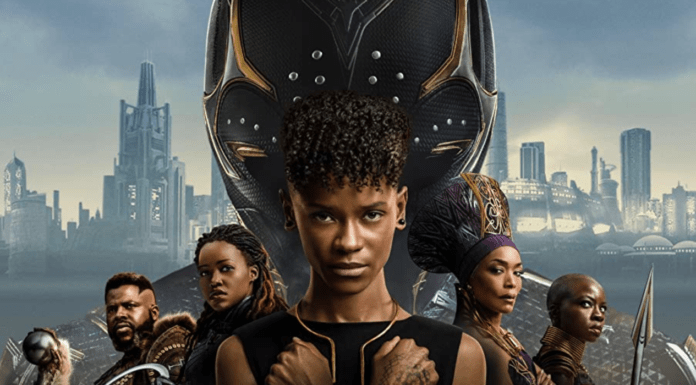(Molly Bruns, Headline USA) A study performed by researchers at Texas’s Rice University revealed that so-called black nationalism rose in a response to alleged “white supremacy,” according to the College Fix.
The paper referenced Marvel’s 2018 Black Panther film in the title: “Wakanda forever! Consistency in correlates of black nationalist tendencies.”
The movie was well received, accumulating more than $700 million total in domestic box-office returns and more than $1.37 billion worldwide for parent company Disney—as well as critical acclaim for stars including the late Chadwick Boseman.
Sociology professor Tony N. Brown and associates argued that part of the movie’s success was its “not-so-subtle connection to black nationalism,” which resonated with its black viewers, despite the fact that the movie is fictional.
However, the study used research from 2012 in an attempt to prove its points.
The decade-old research from University of California-Irvine asked respondents to rate their level of agreement to a series of questions, all having to do with race and racial solidarity, such as “Black people should shop in black-owned stores whenever possible,” and “Black people should always vote for black candidates when they run.”
The results of the survey—originally published in the journal Outlook on Life Surveys-–led the researchers to determine that white supremacy brought on black nationalism.
“We conclude white supremacy infiltrates black life so thoroughly that even fictitious sovereign nations like Wakanda are not immune to it,” they wrote.
Moreover, they suggested that the racist attitudes among blacks, both fictional and nonfictional, were entirely justified due to the abstract affront they perceived—despite the fact that such hostility was only likely to create even more divisiveness and distrust.
“Once scholars acknowledge black nationalism is a reasonable response to white supremacy’s insidiousness, then they must acknowledge certain blacks will always endorse it,” the study claimed.
Brown said animosity toward white people, as well as feelings of black solidarity, were the two most common factors in the “black nationalist” mindset.
Age, sex, education and income also helped predict the rise of black nationalism.
According to Brown, the election of former President Barack Obama kindled the hopes of many black nationalists, but had left many of them disappointed by the end of his term over his failure to fix racism—and, indeed, his use of divisive rhetoric to exacerbate it for his own political gain.
Both Brown and co-author Quintin Gorman, a sociology student pursuing his doctorate, dodged answering questions concerning the report for several weeks.
Nonetheless, they expressed hope that the study would help politicians consider new ways to address racial inequality—emphasizing the priorities of black people, of course.

